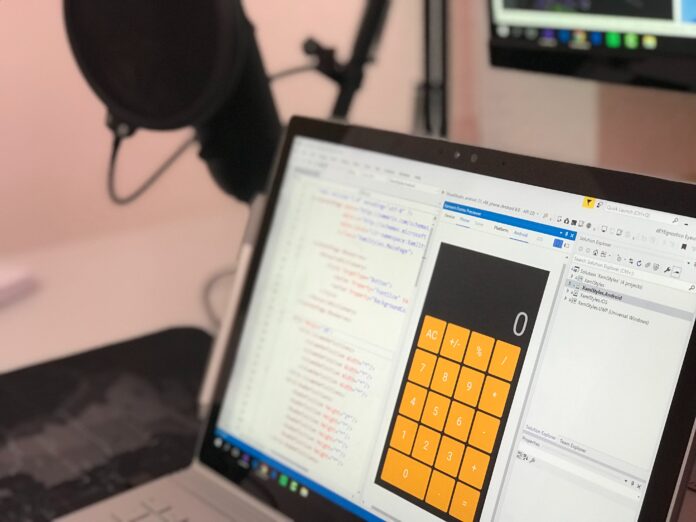There are countless learning resources for coding: books, videos, blog posts, forums, educational programs, courses, and more. However, balancing benefits with effort is critical.
Any website, app, or technology you use works by following a set of rules written in code. This is why the best coding tips are essential to know and practice.
Learn from others
Learning to code alone is tough. Finding others who are also trying to learn can help keep you motivated. Whether through a meetup group or coding-related social media, finding people to talk with can be helpful.
It’s essential to learn from those with more coding experience and can offer advice and tips. For this, you can, for example, ask for help with java homework, as beginners often choose this language to learn. Beginners often hesitate to ask for help, but it will save them time in the long run and make it easier to understand concepts.
Try to find ways to practice your coding skills every day. This may mean working on side projects or joining coding communities online. By doing this, you’ll be able to build your coding knowledge and become a better programmer faster.
Don’t be afraid to refactor
Refactoring is a vital part of the coding process. Without it, code becomes messy, full of workarounds and copy-and-paste shortcuts that are often put there to speed up development and achieve a quick time to market.
When refactoring is done, it can lead to improved performance and clarity for other developers working on the code. It can also help reduce software bloat and readability. Removing redundant code can also enhance the overall architecture and make it easier to scale.
Sometimes programmers like to write “clever” code because it feels good to have found a clever way of doing something that others may not understand or be able to replicate. However, refactoring is about leaving the ego at the door and making code easy to understand for everyone.
Don’t be afraid to ask for help
It’s not uncommon to hit a wall when programming. Sometimes code won’t work, and you have no idea why. This is okay, and seeking help in these situations is never looked down upon by fellow programmers. That’s why services like codebeach.com exist and offer professional coding assignment help in different programming languages – from the most accessible HTML and Python to the hardest C++ and C-Sharp.
When asking for help, explain the issue clearly and provide context. It can also be helpful to share a sample of your code (please keep sensitive information in mind) so that someone can run it locally and see the problem.
Ultimately, asking for help is one of the most important skills you can develop as a developer.
Ask for feedback
Getting feedback on your code is crucial for improving it. You need to be open to it and be willing to take risks when necessary!
Asking for feedback can be intimidating, but it is essential to do. It can help you identify and fix bugs and improve your design. It can also make you feel more confident and prepared for your next project.
It is also important to remember to avoid sarcasm in code reviews. It is hard to detect sarcasm in written form, and can come across as condescending and demeaning. Also, be sure to avoid using words like “just,” “easy,” or “obvious.” These kinds of comments are usually not helpful and can cause misunderstandings. Lastly, always focus your feedback on the specific area you want to improve.
We hope these tips will be valuable and you will follow them to succeed in programming. Good luck!





























































